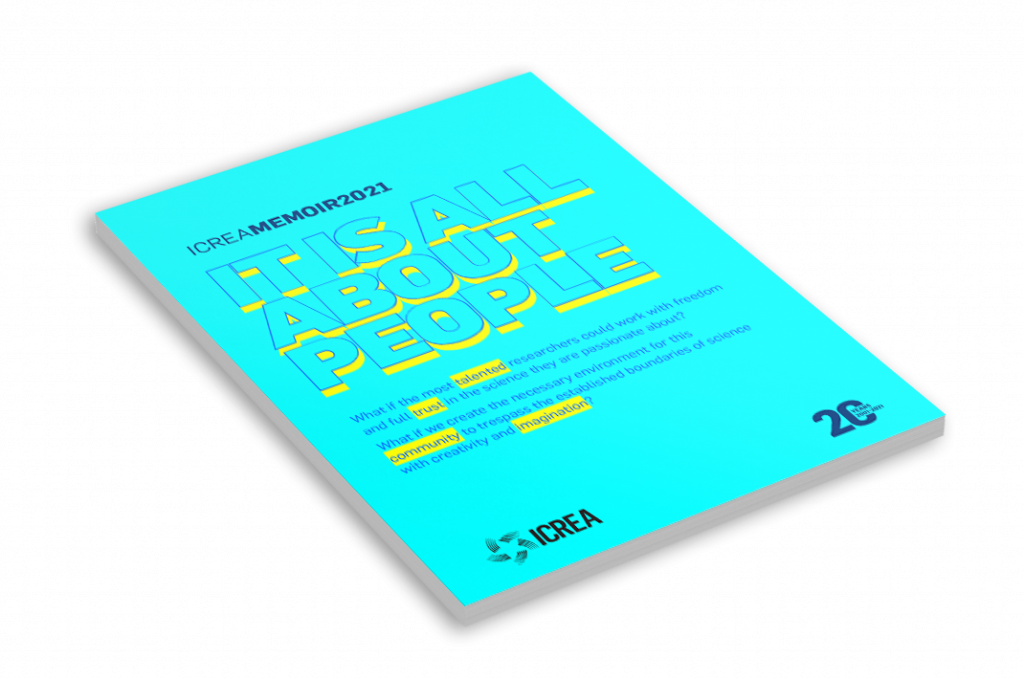Mario Giampietro was born in Italy in 1953. He graduated in Chemical Engineering (1978) and Biological Sciences (1981) at Universitá La Sapienza, Rome. He has a MS degree in Food System Economics (CEFAS/Universitá La Tuscia) and a PhD in Social Sciences (Wageningen University, NL). Mario was a researcher at Istituto Nazionale di Ricerca per gli Alimenti e la Nutrizione (INRAN) from 1985 to 2007, but pursued most of his research as visiting scientist at leading universities, such as Cornell University (1987-1989 and 1992-1995), Wageningen University (1997), Universitat Autònoma de Barcelona (1998-2000), University of Wisconsin, Madison (2002), Penn State University (2005-2006), and Arizona State University (2006-2007). He joined ICREA and UAB in 2007. He has more than 150 scientific publications and is author of several books. He was the coordinator of the Horizon2020 project "Moving Towards Adaptive Governance in Complexity: Informing Nexus Security” (MAGIC) (1996-2020).


